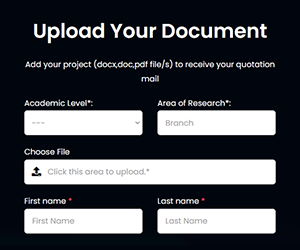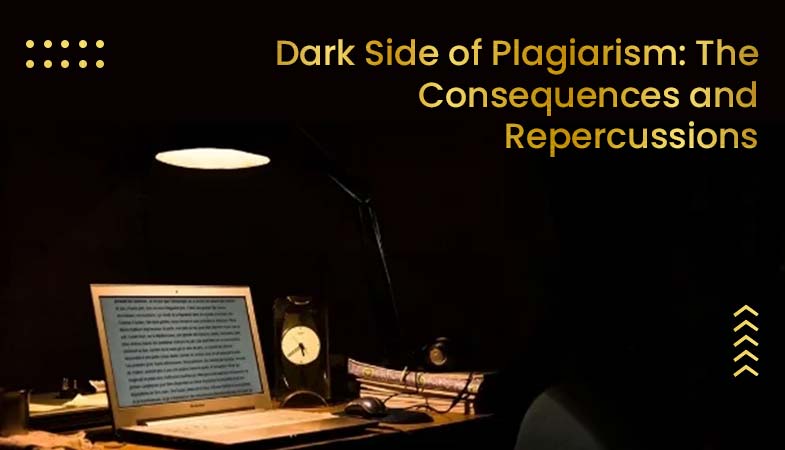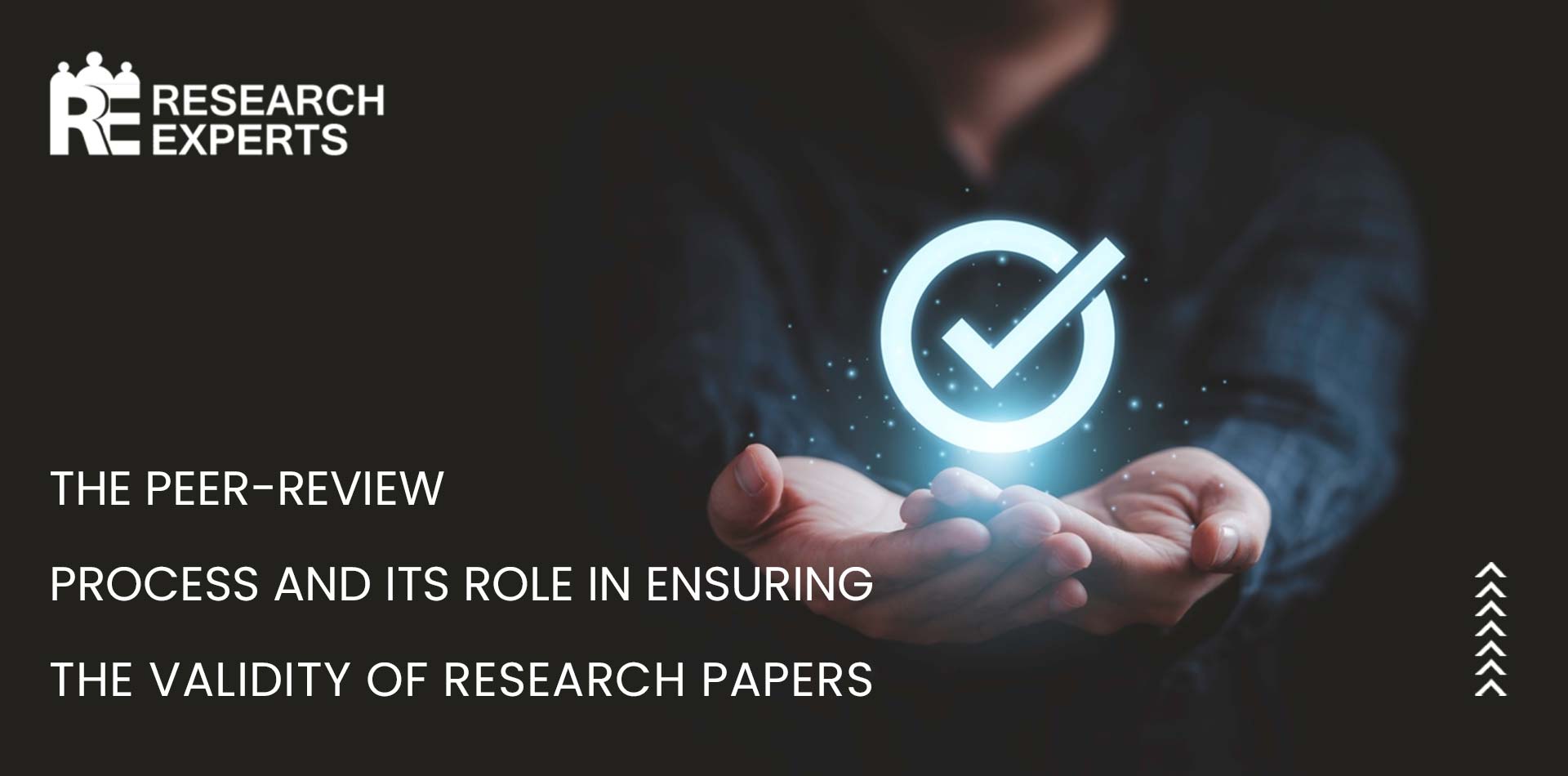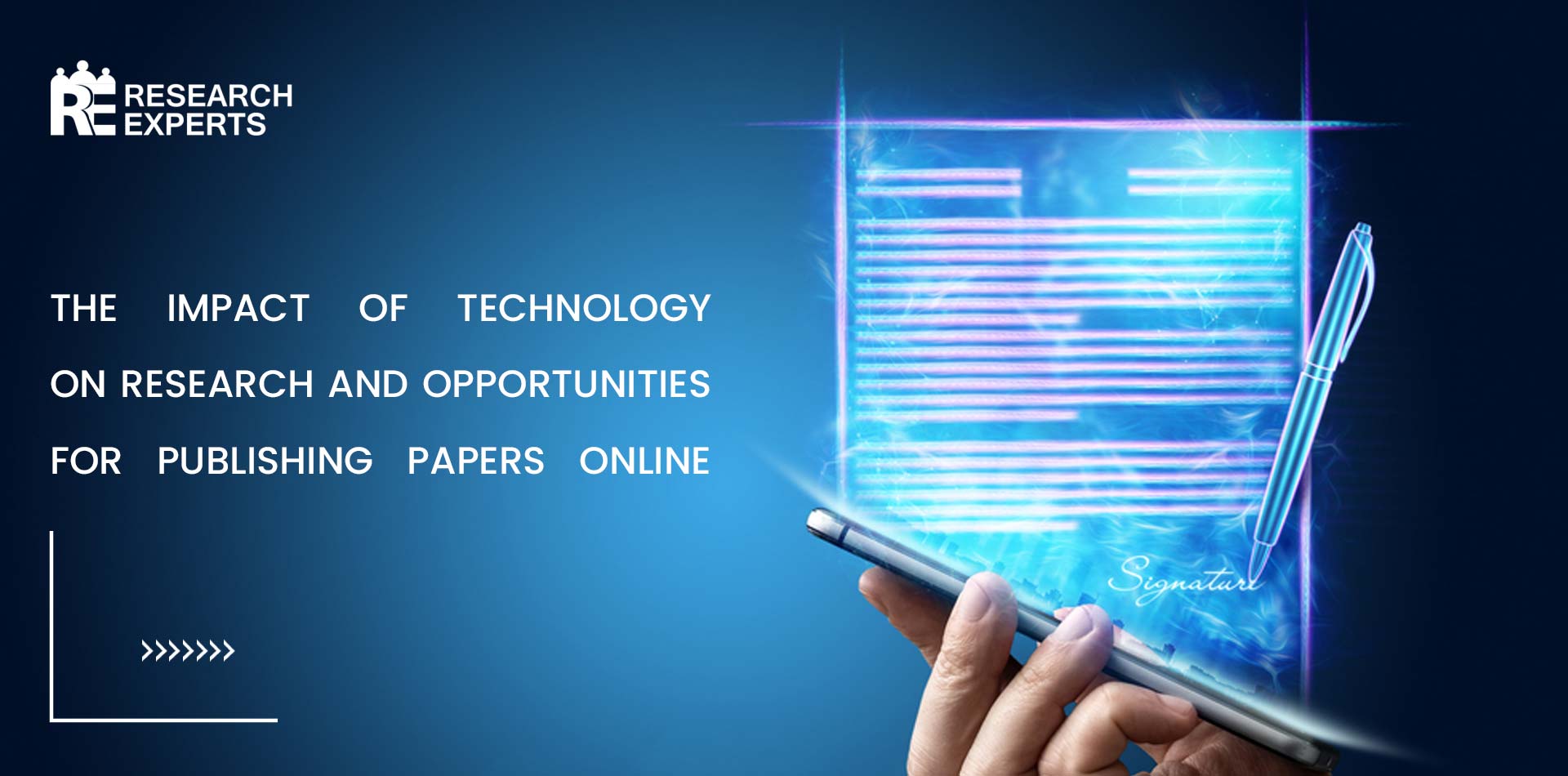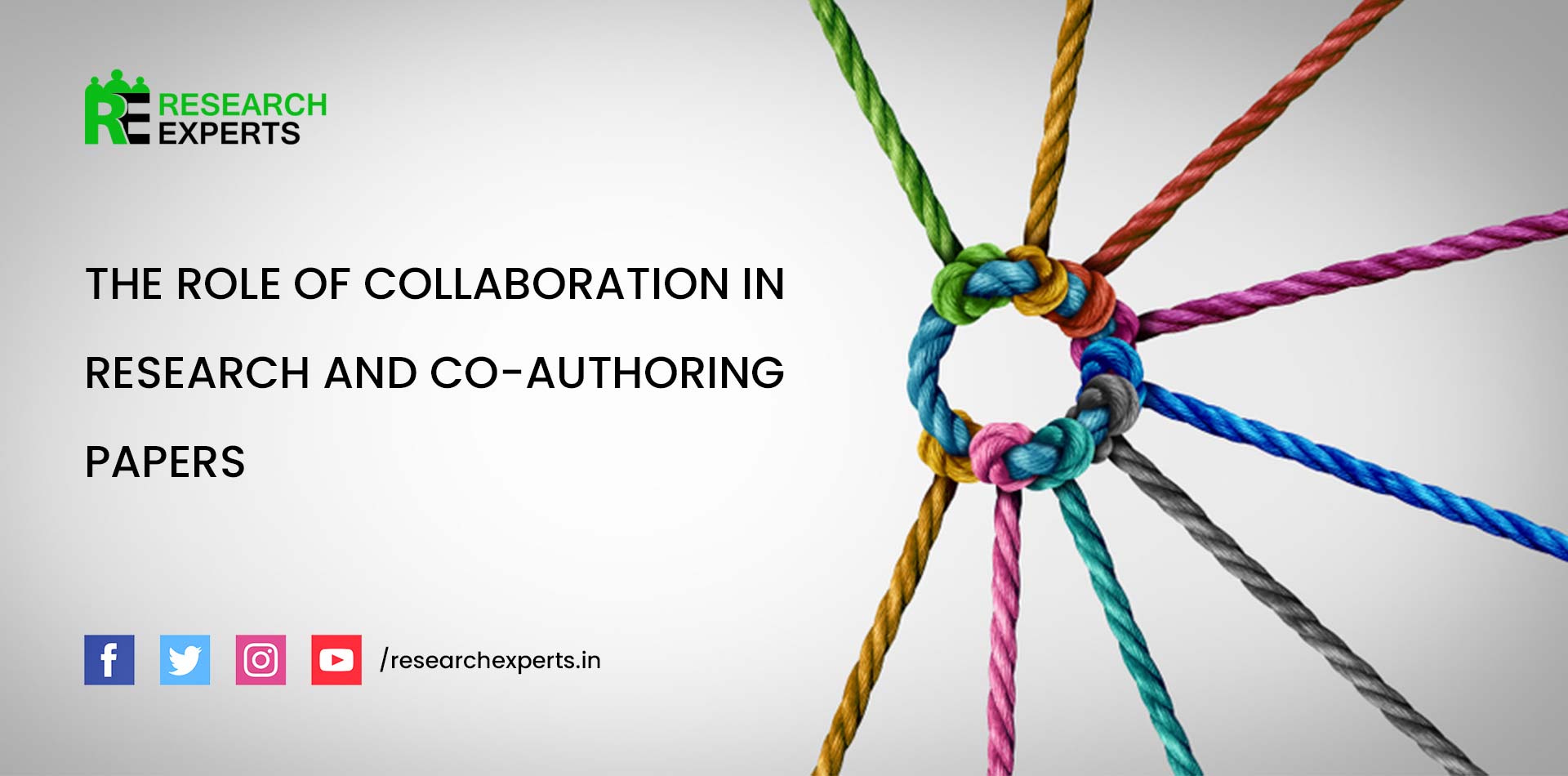
Legal Implications of Plagiarism in Academia
Legal Implications of Plagiarism in Academia – Plagiarism is a major problem in the academic world and may have significant implications for the guilty and the university. Plagiarism is the practice of presenting the work of another as one’s own without giving due credit to the original author. Both students and researchers may be guilty of this when they present someone else’s work as their own or when they exploit the ideas or discoveries of another without properly attributing them. Learn about the legal implications Of Plagiarism In Academia.
Plagiarism is not only unethical, but it is also illegal in many cases. Copyright law protects the intellectual property of individuals and organizations, and using someone else’s work without permission or proper attribution is a violation of this law. This means that if a student or researcher is found to have committed plagiarism, they could potentially face legal action, including civil or criminal charges.
Legal consequences of Academic Plagiarism
- The legal consequences of plagiarism in academia can be severe, especially for students. At the university level, students found to have committed plagiarism may face academic penalties such as failing a course, being placed on academic probation, or even being expelled from the program. In addition to these academic consequences, students may also face legal action from the original creator of the work if it is found that their copyright has been violated.
- For researchers, the legal implications of plagiarism can be even more significant. In addition to potential legal action from the original creator of the work, researchers may also face professional consequences such as loss of credibility and damage to their reputation. This can have a significant impact on their ability to secure funding and publish their work in the future.
- Institutions of higher education also have a legal responsibility to address and prevent plagiarism within their programs. Universities and colleges are required to have policies in place to address academic misconduct, including plagiarism, and to take appropriate action when instances of plagiarism are identified. Failing to properly address plagiarism can result in legal action against the institution, as well as damage to its reputation.
Prevention of Academic Plagiarism
To prevent plagiarism and protect against legal consequences, it is important for students and researchers to familiarize themselves with copyright law and the proper way to attribute sources. This includes understanding how to properly cite sources using the appropriate citation style and obtaining permission to use someone else’s work when necessary. Institutions should also have clear policies in place to address plagiarism and provide resources to help students and researchers understand the importance of proper attribution.
Conclusion
Finally, academic plagiarism may have serious legal repercussions for both the school and the individual accused of the offense. Taking measures to prevent plagiarism is crucial for students and researchers to avoid legal trouble. Legal considerations should be spelled out in detail in specific policies. The legal ramifications of plagiarism may be avoided if people and organizations are aware of and abide by copyright law and correct citation standards.

